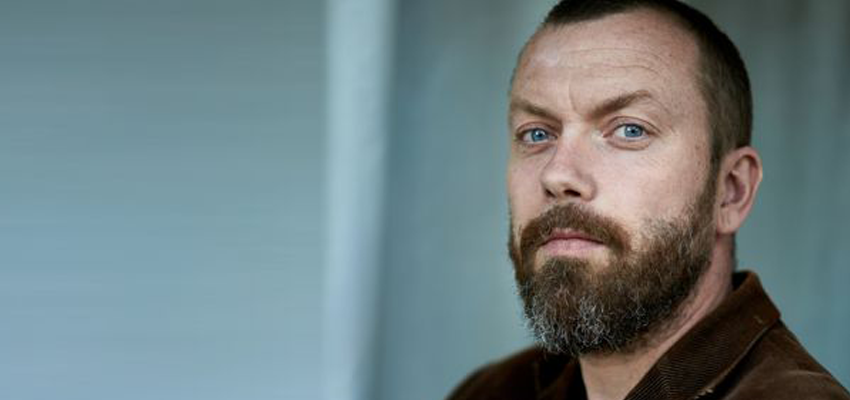
The successful and inspiring speaker from last year is back! With 97% very satisfied listeners during 2017’s year’s conference, welcome back to Social Media Marketing Day - Anders Colding-Jørgensen! This year Anders will talk about why it is important for you who work with social media, to understand social media addiction.
A lot of us are curious listening to your presentation and learn more about social media addiction, what is the main message of your speech?
My main message is that it is time to stop blaming Facebook and other social media sites for getting us "hooked" on social media. It's not the baker's fault, if you eat too much cake. We are not victims - we are humans with free will, who happen to have developed strong habits around our screens. And we can start changing these habits, once we understand more about how they work.
Why do you think it is so important to understand social media addiction?
Because keeping in touch with hundreds or thousands of people on a regular basis means getting disturbed and interrupted in your work or thinking, many many times a day. And that leaves you with a fragmented attention. Switching between work and social media both steals time - the so called "task switching cost" - but it also decreases work quality. You are simply not the best version of you, if you let yourself get interrupted constantly.
If you work with social media or communication, it is impossible to keep out of all the time-consuming media platforms. But you can get better at understanding your own habits, so you have a chance of influencing others.
There is a lot of talk going on about "dopamine" and the brain's reward centers. Do you think people need to learn more about how their brain works?
No - on the contrary. I think we should stop reducing our behavior to small parts of our brain. Sure, dopamine is involved, when we check our mobile phones. But it's also involved when we are working hard, shopping or doing sports. Talking about dopamine may make you sound clever - but it actually doesn’t tell you anything about what's going on. And more importantly - what to do about it. You are much more than the reward center in your brain.
What would you like the participants to bring with them from your presentation?
I would like them to know how their habit triggers work, why open feedback loops are so attention consuming and how to avoid the "checking carousel". But most of all, I would like them to leave with a much better understanding of their own habits and behavior. Because if they understand their own habits and behavior, they will understand their customers and consumers too.
Don't try to change the behavior, change the habit.





